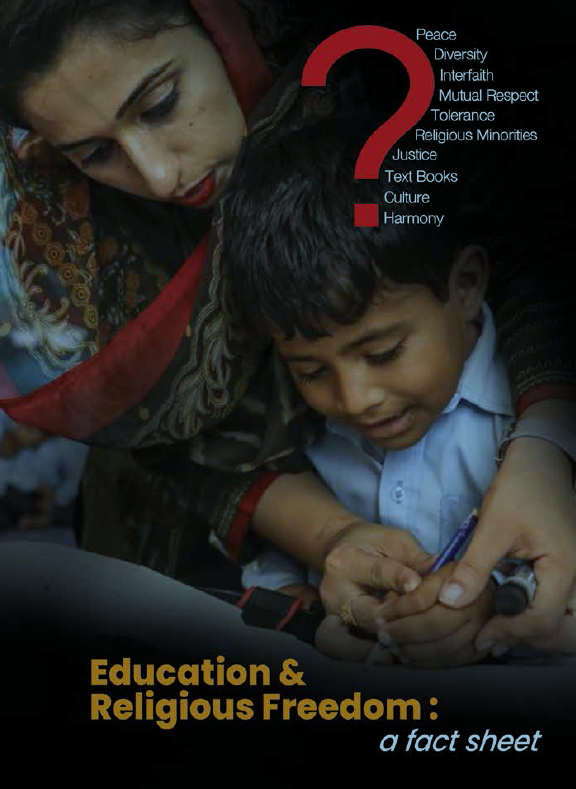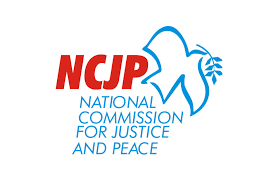 Pakistan National Commission for Justice and Peace (NCJP), FORUM-ASIA member in Pakistan, published its latest report titled ‘Education & Religious Freedom: a fact sheet’. Since the past seven years, NCJP has been annually observing and analyzing the National Education Policy and Curriculum along with the content prevalent in the textbooks taught in public schools across Pakistan. The commission has been demanding transformation in education policy and curriculum as guided by our national and international commitments.
Pakistan National Commission for Justice and Peace (NCJP), FORUM-ASIA member in Pakistan, published its latest report titled ‘Education & Religious Freedom: a fact sheet’. Since the past seven years, NCJP has been annually observing and analyzing the National Education Policy and Curriculum along with the content prevalent in the textbooks taught in public schools across Pakistan. The commission has been demanding transformation in education policy and curriculum as guided by our national and international commitments.
Based on its own study of a large number of textbooks and curricula from the four provinces, and also benefitting from a number of earlier studies on the topic, the report gives a comprehensive account of the blatant violation of the rights of religious minorities enshrined in Pakistan’s Constitution, as well as multiple commitments the country has signed in this regard at international fora.
The main findings of this report can be summed up as:
- A monolithic image of Pakistan is portrayed as a country for Muslims alone;
- Islamic teachings, including a compulsory reading and memorisation of certain verses of Quran, are added in most compulsory subjects also, hence forcibly taught to all the students, irrespective of their faith;
- Inclusion of Islamic teachings in the textbooks has made the content of certain books completely irrelevant to the subject being taught;
- Vague and cursory mention of the religious minorities in some books while a discernable silence can be found in others, which outrightly denies their contribution in the making of Pakistan and its history;
- Factual inaccuracies, historical revisionism and easily recognizable omissions teach a version of history that is decidedly monolithic, reinforce negative stereotypes and create a narrative of conflict towards religious minorities;
- Ideology of Pakistan is to be internalized as faith, which creates a bias for diversity, excludes religious minorities from national identity and calls their patriotism into question; and
- The glorification of Jihad and limited attention laid on Jihad al-nafs leads to confusion. Hence, following the path of Jihad can seem to many like a religious order, particularly those who fall prey to brainwashing by religious elements.
• Some textbooks seem to be attempting to include diversity in their syllabi, although it is vague and minimal at best and instances are few and far in between but this serves as a refreshing first step.
***
The full report can be downloaded here




